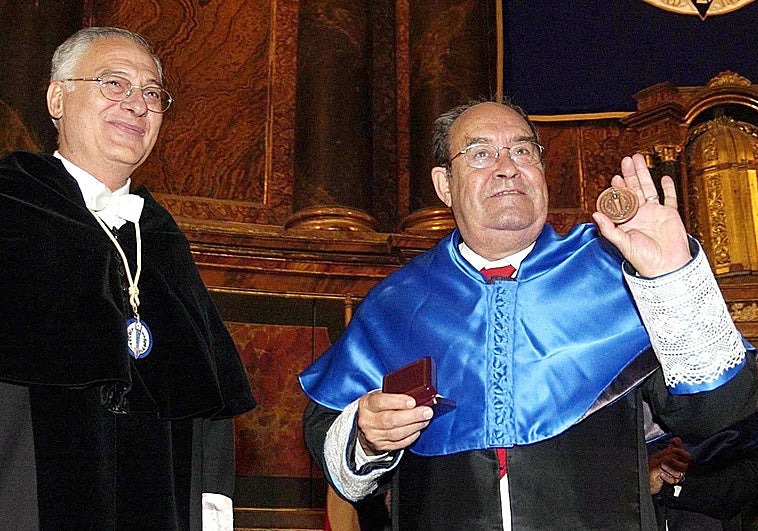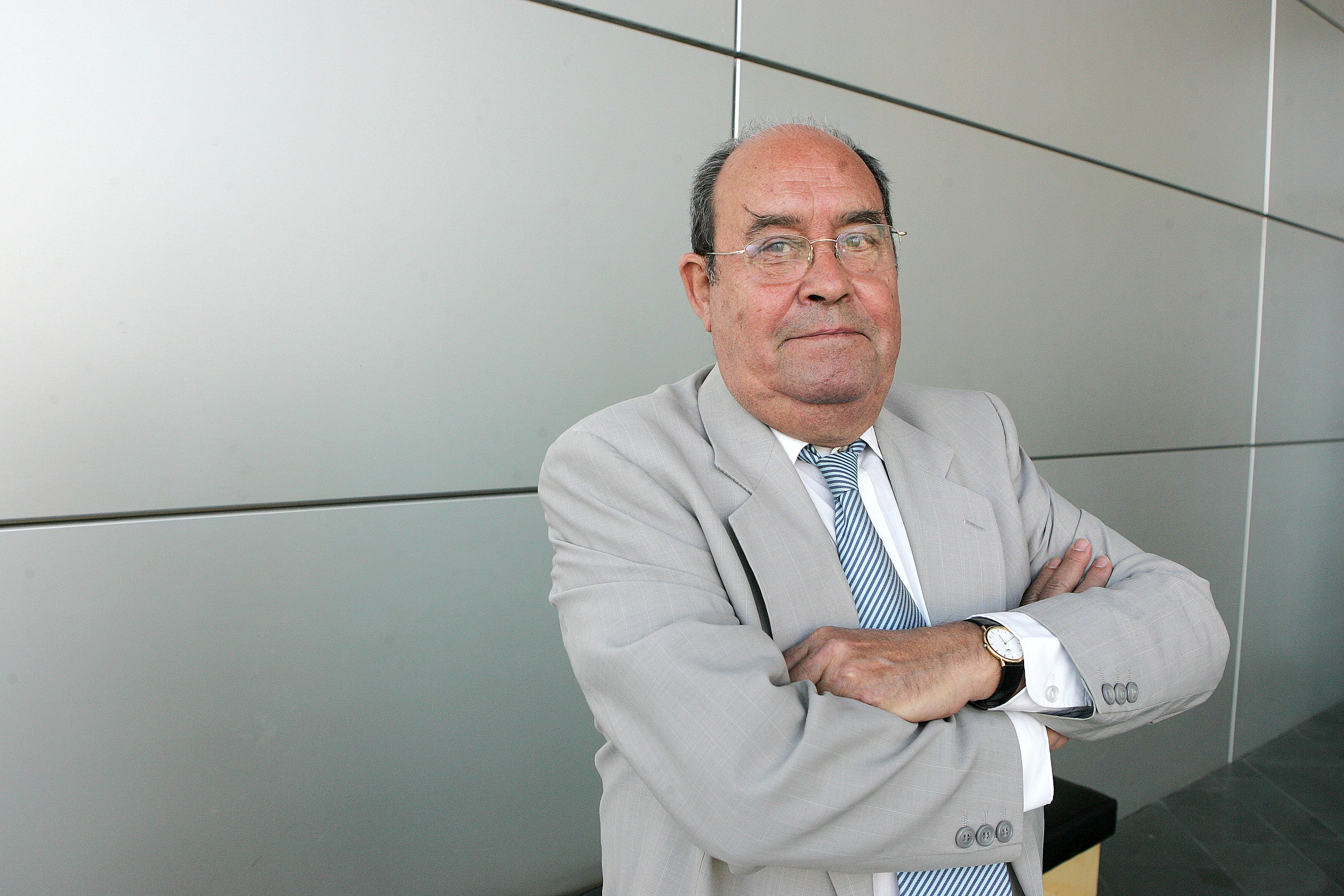Developmental pioneer García Bellido dies
4h
Antonio García-Bellido, the pioneering Spanish developmental biologist whose work on Drosophila revealed genetic organizers and shaped modern developmental genetics, died Monday in Spain at 89.
Lamentamos el fallecimiento de Antonio García-Bellido, cofundador e investigador principal del @cbm-csic-uam.bsky.social
Fue referente en el estudio de las bases genéticas del desarrollo y de la diferenciación celular. Todo nuestro cariño para sus familiares y amigos.
Fue referente en el estudio de las bases genéticas del desarrollo y de la diferenciación celular. Todo nuestro cariño para sus familiares y amigos.

Muere Antonio García-Bellido, descubridor de las fronteras invisibles dentro de los seres vivos
El biólogo, fallecido a los 89 años, deja un legado científico que roza las alturas de los nobeles Santiago Ramón y Cajal y Severo Ochoa
f.mtr.cool
November 11, 2025 at 6:04 PM
Lamentamos el fallecimiento de Antonio García-Bellido, cofundador e investigador principal del @cbm-csic-uam.bsky.social
Fue referente en el estudio de las bases genéticas del desarrollo y de la diferenciación celular. Todo nuestro cariño para sus familiares y amigos.
Fue referente en el estudio de las bases genéticas del desarrollo y de la diferenciación celular. Todo nuestro cariño para sus familiares y amigos.
Reposted by Pablo García‐Díaz
Ha muerto Antonio García-Bellido, uno de los mejores científicos de la historia de España tras descubrir las fronteras invisibles dentro de los seres vivos: elpais.com/ciencia/2025...

Muere Antonio García-Bellido, descubridor de las fronteras invisibles dentro de los seres vivos
El biólogo, fallecido a los 89 años, deja un legado científico que roza las alturas de los nobeles Santiago Ramón y Cajal y Severo Ochoa
elpais.com
November 11, 2025 at 12:36 PM
Ha muerto Antonio García-Bellido, uno de los mejores científicos de la historia de España tras descubrir las fronteras invisibles dentro de los seres vivos: elpais.com/ciencia/2025...




